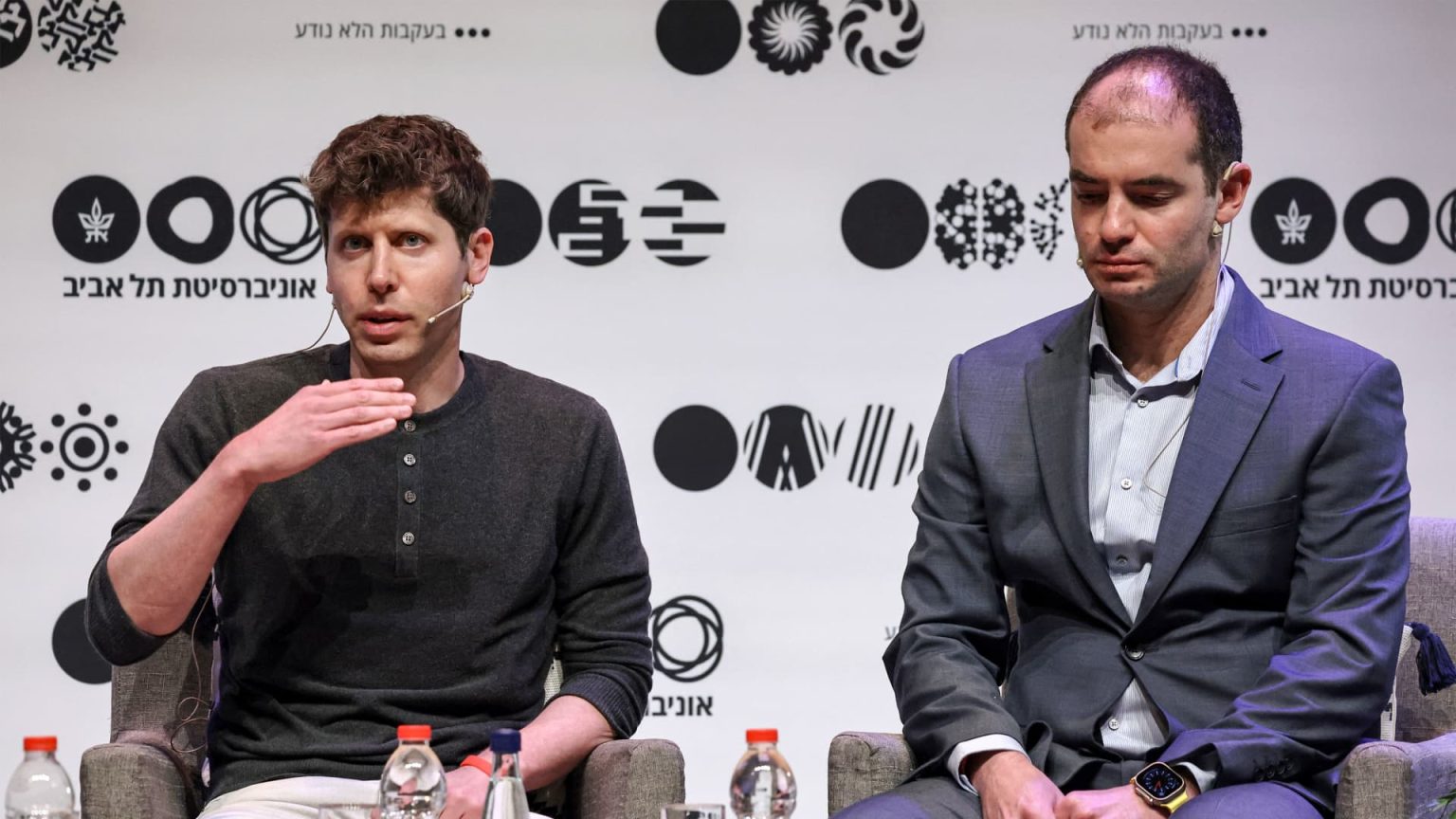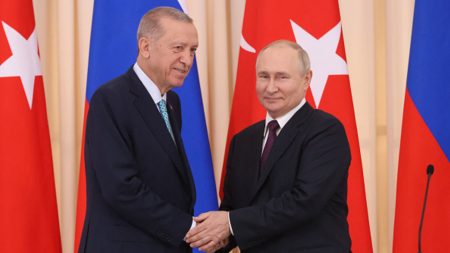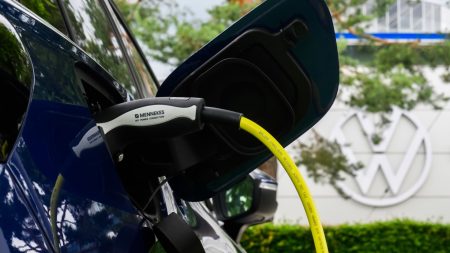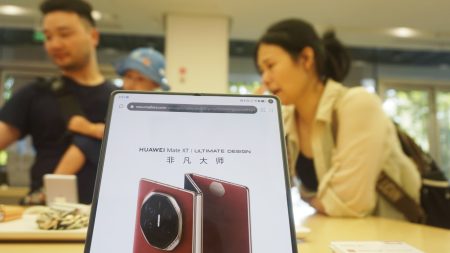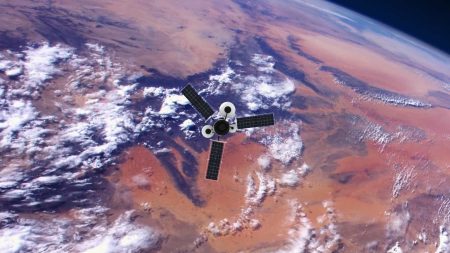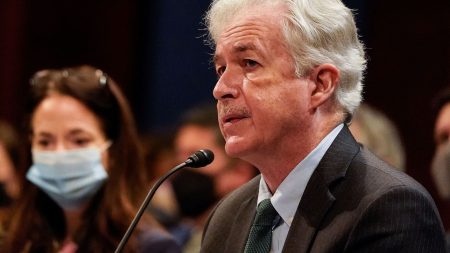OpenAI co-founder Ilya Sutskever said Tuesday that he’s leaving the Microsoft-backed startup.
“I am excited for what comes next — a project that is very personally meaningful to me about which I will share details in due time,” Sutskever wrote in an X post on Tuesday.
The departure comes months after OpenAI went through a leadership crisis involving co-founder and CEO Sam Altman.
In November, OpenAI’s board said in a statement that Altman had not been “consistently candid in his communications with the board.” The issue quickly came to look more complex. The Wall Street Journal and other media outlets reported that Sutskever trained his focus on ensuring that artificial intelligence would not harm humans, while others, including Altman, were instead more eager to push ahead with delivering new technology.
Almost all of OpenAI’s employees signed an open letter saying they would leave in response to the board’s action. Days later, Altman was back at the company, and board members Helen Toner, Tasha McCauley and Sutskever, who had voted to oust Altman, were out. Adam D’Angelo, who had also voted to push out Altman, stayed on the board.
When Altman was asked about Sutskever’s status on a Zoom call with reporters at the time, he said there were no updates to share. “I love Ilya. … I hope we work together for the rest of our careers, my career, whatever,” Altman said. “Nothing to announce today.”
On Tuesday, Altman shared his thoughts on Sutskever’s departure.
“This is very sad to me; Ilya is easily one of the greatest minds of our generation, a guiding light of our field, and a dear friend,” Altman wrote on X. “His brilliance and vision are well known; his warmth and compassion are less well known but no less important.” Altman said research director Jakub Pachocki, who has been at OpenAI since 2017, will replace Sutskever as chief scientist.
OpenAI has announced new board members, including former Salesforce co-CEO Bret Taylor and former Treasury Secretary Larry Summers. Microsoft obtained a nonvoting board observer position.
In March, OpenAI announced its new board and the wrap-up of an internal investigation by U.S. law firm WilmerHale into the events leading up to Altman’s ouster. Altman rejoined OpenAI’s board, and three new board members were announced: Dr. Sue Desmond-Hellmann, former CEO of the Bill and Melinda Gates Foundation; Nicole Seligman, former EVP and global general counsel of Sony and president of Sony Entertainment; and Fidji Simo, CEO and chair of Instacart.
The three new members will “work closely with current board members Adam D’Angelo, Larry Summers and Bret Taylor as well as Greg, Sam, and OpenAI’s senior management,” according to a company release in March, referencing OpenAI co-founder Greg Brockman.
News of Sutskever’s departure comes a day after OpenAI launched a new AI model and desktop version of ChatGPT, along with an updated user interface, the company’s latest effort to expand use of its popular chatbot.
The update brings the GPT-4 model to everyone, including OpenAI’s free users, technology chief Mira Murati said Monday in a livestreamed event. She added that the new model, GPT-4o, is “much faster,” with improved capabilities in text, video and audio.
OpenAI said it eventually plans to allow users to video chat with ChatGPT. “This is the first time that we are really making a huge step forward when it comes to the ease of use,” Murati said.
In 2015, Altman and Tesla CEO Elon Musk, another OpenAI co-founder, wanted Sutskever, then a research scientist at Google, to become the budding startup’s top scientist, according to the lawsuit Musk filed against OpenAI in March.
“Dr. Sutskever went back and forth on whether to leave Google and join the project, but it was ultimately a call from Mr. Musk on the day OpenAI, Inc. was publicly announced that convinced Dr. Sutskever to commit to joining the project as OpenAI, Inc.’s Chief Scientist,” the legal filing said.
Read the full article here
